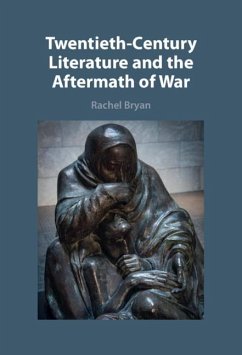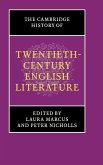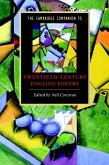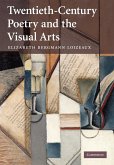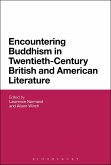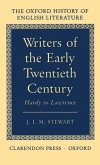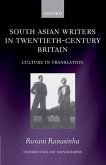Students of twentieth-century literature are familiar with narratives that associate devastating wars with conceptual, societal, and aesthetic upheavals. What these accounts overlook, however, is a body of psychologically attuned modern writing that was less interested in this shattering of faith and form than in those counterfactual modes of resistance deployed by individuals and nations in response to mass violence and profound change. Twentieth-Century Literature and the Aftermath of War is an innovative study of the attention paid to such reparative, stabilising impulses in post-war writings from across the last century. Focusing on works by Henry James, Elizabeth Bowen, and Kazuo Ishiguro as case studies, it argues that to fully understand the relationship between modern warfare and literary art, we must learn to engage with texts whose modernity lies in their acknowledgement of the draw felt towards, and contested ethics of, consolatory counterfactuals.
Bitte wählen Sie Ihr Anliegen aus.
Rechnungen
Retourenschein anfordern
Bestellstatus
Storno

